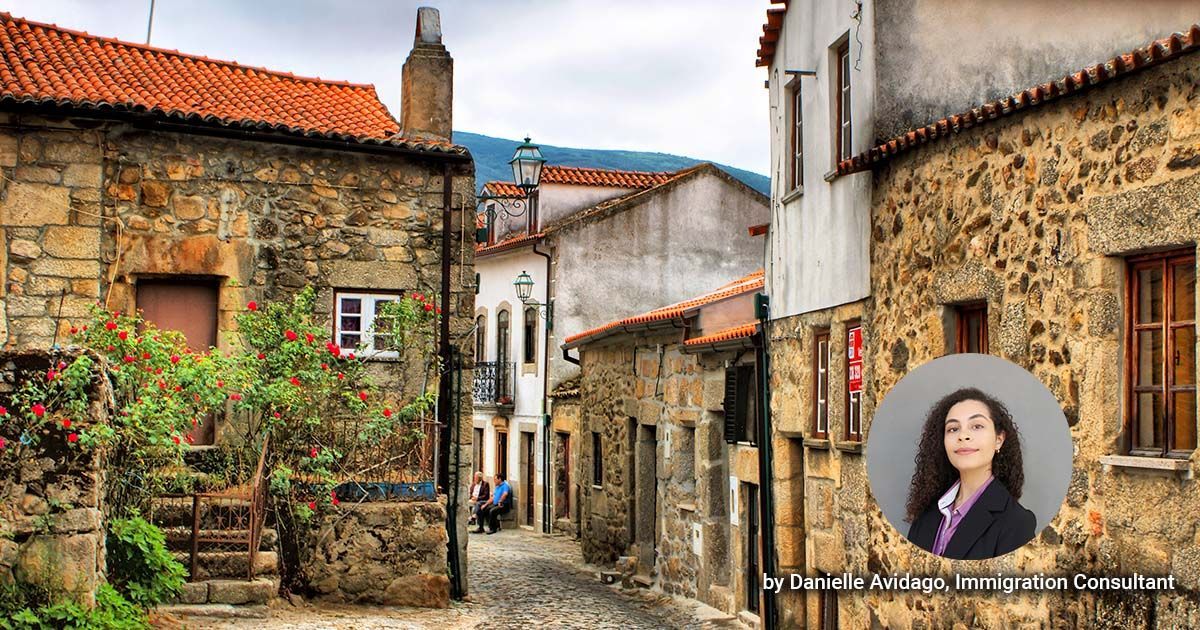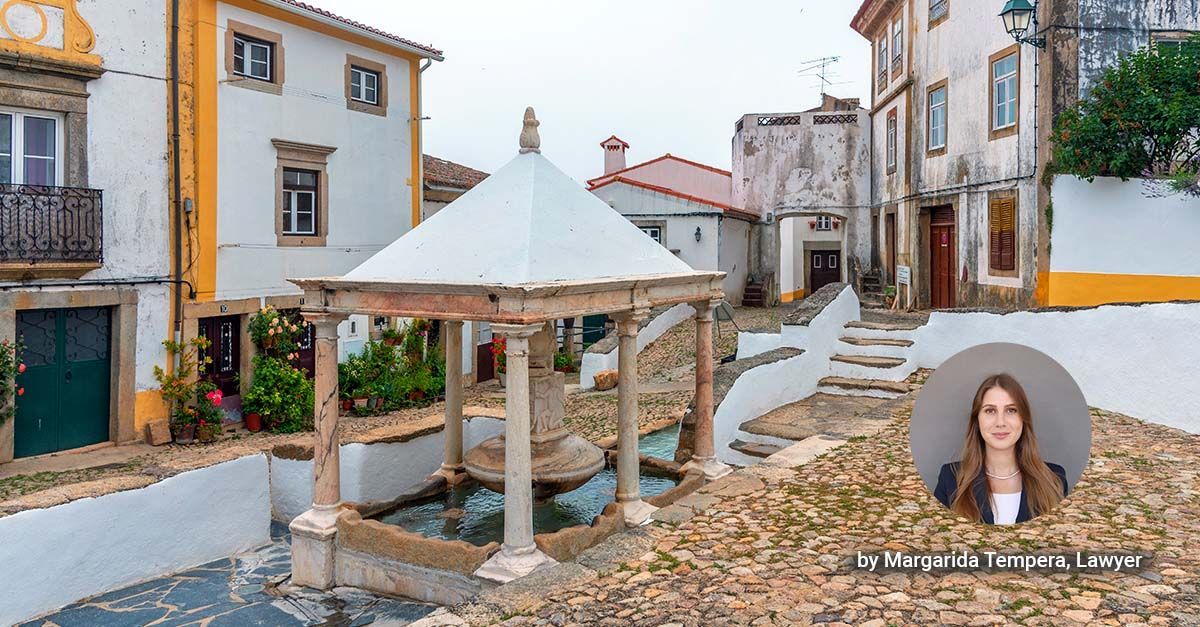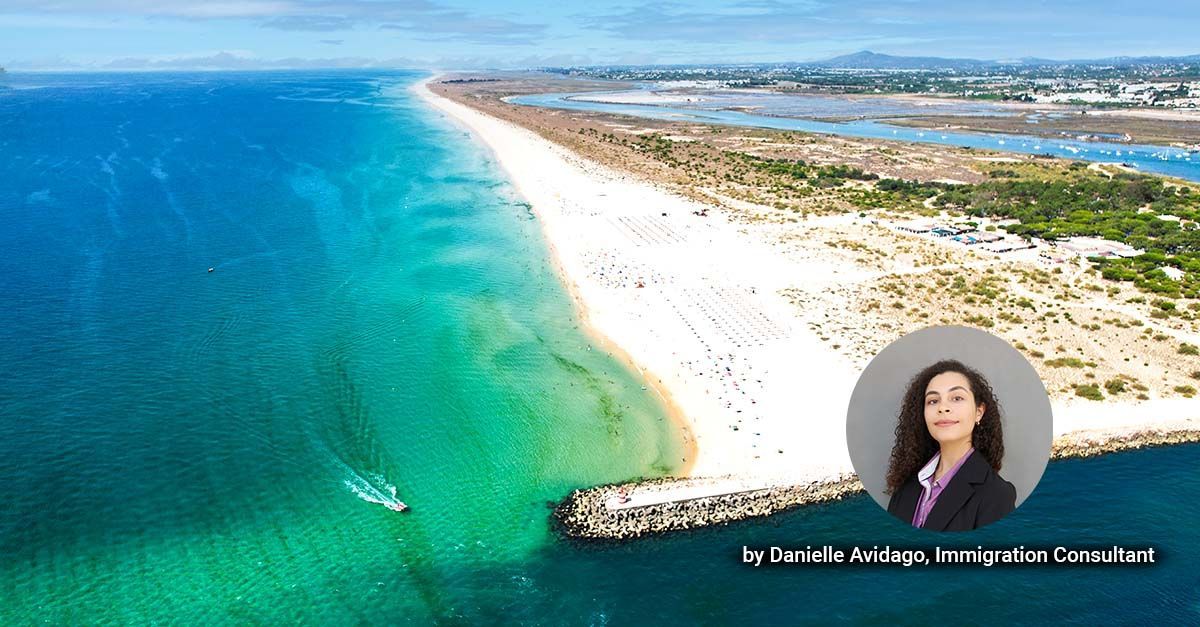Blog Layout
3 stages for the new lifting of COVID measures
2 August 2021
On the 29th July 2021, the Portuguese Prime Minister António Costa has announced a new plan to lift the Covid-19 rules. The new strategy is composed by 3 stages and the criteria is now based on the percentage of the population fully vaccinated, as follows:
Phase 1: More than 50% of the population with complete vaccination (1st August)
- Working from home is recommended, whenever activities allow it;
- End of traffic restrictions on public roads from 11pm onwards;
- End of limitation on opening hours and establishment of 2am as closing hours;
- Audience at sporting events, according to rules to be defined by the DGS;
- Cultural events with 66% capacity;
- Bars subject to restaurant rules.
Phase 2: More than 70% of the population with complete vaccination (September)
- End of mandatory use of mask in public outdoor spaces;
- Restaurants and cafes have a maximum limit of 8 people per group inside and 15 people per group on terraces;
- Public services without prior appointment;
- Public transportation without capacity limits;
- Cultural events with 75% capacity;
- Events (namely weddings and baptisms) with 75% capacity.
Phase 3: More than 85% of the population with complete vaccination (October)
- Restaurants and cafes with no maximum number of people per group, either indoors or on terraces;
- Establishments and equipments without capacity limits;
- Cultural events with unlimited capacity;
- Events (namely weddings and baptisms) with unlimited capacity;
- Bars and clubs reopen upon presentation of the EU COVID Digital Certificate or a negative test result.
The following general rules also apply:
- Rules become the same throughout the continental national territory;
- It is also mandatory to present the EU COVID Digital Certificate or a negative test result to have access to:
- Events with more than 1000pax (outdoors) and 500pax (indoors)
- Weddings and baptisms with more than 10pax
- Travel
- Hotels and other tourist accommodations
- Dining indoors after 7pm on Fridays, weekends, and holidays
- Gym group classes
- Thermal baths and spas
- Casinos
- Alcohol consumption in public spaces remains forbidden after 8pm.
© COPYRIGHT 2023 LVP ADVOGADOS, ALL RIGHTS RESERVED PRIVACY TERMS & CONDITIONS LEGAL STATEMENTS











